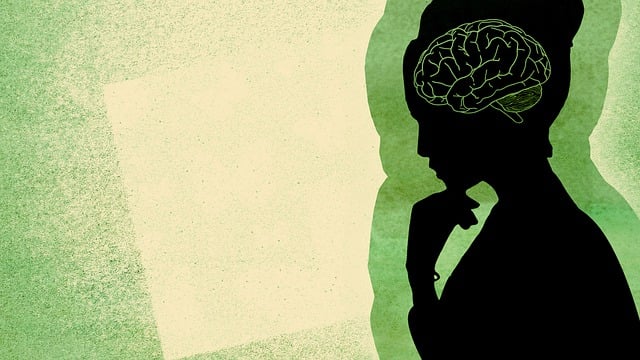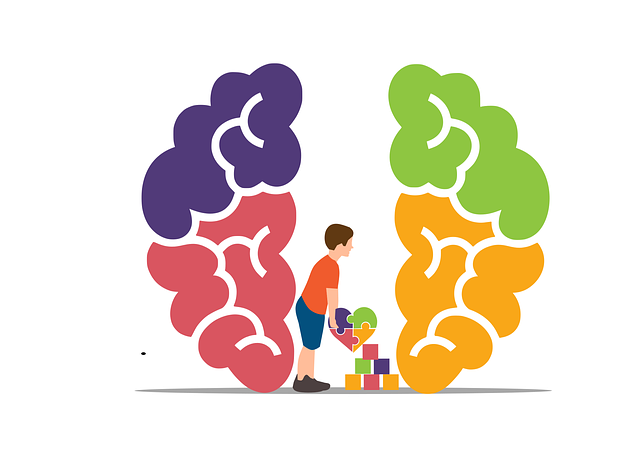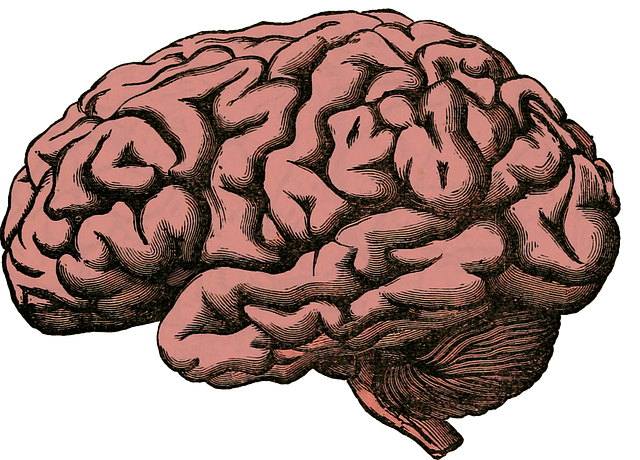Therapy for young children with Autism Spectrum Disorder (ASD) focuses on managing stress, a common challenge due to sensory sensitivities and communication difficulties. Effective methods like Social Skills Training and Cognitive Behavioral Therapy (CBT) enhance emotional recognition, improve communication, and promote peer interactions. Alternative therapies, including mindfulness practices and creative outlets, encourage self-expression, emotional regulation, and coping strategies. By combining these approaches, children with ASD can develop resilience, manage stress, and improve their overall well-being.
Stress reduction is a crucial aspect of nurturing young children with Autism Spectrum Disorder (ASD). This comprehensive guide explores effective methods to help these children manage stress, focusing on behavioral and cognitive techniques, as well as alternative therapies and mindfulness practices. By understanding the unique challenges faced by young individuals with ASD, parents and caregivers can implement tailored strategies for promoting calmness and relaxation, enhancing overall well-being. Discover practical insights for providing supportive therapy for young children with ASD.
- Understanding Stress in Young Children with Autism Spectrum Disorder
- Behavioral and Cognitive Techniques for Stress Reduction
- Alternative Therapies and Mindfulness Practices for Calmness and Relaxation
Understanding Stress in Young Children with Autism Spectrum Disorder

Stress in young children with Autism Spectrum Disorder (ASD) is a complex issue that requires tailored understanding and support. These children often experience heightened levels of stress due to sensory sensitivities, social communication challenges, and routine changes. Recognizing and addressing stress early on is vital for their overall well-being and development. Therapy for young children with ASD can play a pivotal role in managing stress by incorporating specialized techniques.
Effective therapy approaches, such as those that include Social Skills Training and Communication Strategies, can help them develop coping mechanisms. These methods aim to enhance their ability to recognize and express emotions, improve communication, and foster better interactions with peers. By teaching them healthy ways to manage stress, these therapies empower young individuals with ASD to navigate challenging situations more adaptively, promoting a sense of calm and resilience.
Behavioral and Cognitive Techniques for Stress Reduction

Behavioral and Cognitive Techniques offer powerful tools for stress reduction, especially tailored to address the unique challenges faced by children with Autism Spectrum Disorder (ASD). These techniques focus on modifying thoughts and behaviors, helping young minds cope more effectively with stressful situations. One effective method is Cognitive Behavioral Therapy (CBT), which teaches children to recognize and challenge negative thought patterns. By replacing these with more positive and realistic ones, CBT enhances their mood management skills and builds inner strength.
Additionally, establishing a consistent self-care routine can significantly contribute to better mental health. Simple yet impactful practices like regular exercise, mindfulness, and engaging in hobbies provide healthy outlets for stress relief. These techniques empower children with ASD to develop resilience and learn valuable coping strategies, ensuring they navigate life’s challenges with growing confidence and improved emotional well-being.
Alternative Therapies and Mindfulness Practices for Calmness and Relaxation

Many alternative therapies and mindfulness practices have proven effective for promoting calmness and relaxation, especially beneficial for individuals with Autism Spectrum Disorder (ASD). Compassion cultivation practices, such as mindful breathing exercises and loving-kindness meditation, encourage emotional regulation by fostering a sense of connection to oneself and others. These practices can help children with ASD manage stress and anxiety by teaching them to observe their feelings without judgment, thereby enhancing their mind over matter principles.
Additionally, incorporating creative outlets like art therapy, music therapy, or dance into a child’s routine can serve as powerful tools for emotional expression and relaxation. These therapies offer unique avenues for self-discovery and sensory stimulation, contributing to overall well-being. By engaging in these alternative approaches, young individuals with ASD can develop effective coping mechanisms and improve their ability to navigate and manage stressful situations.
Stress reduction is a vital aspect of fostering healthy development in young children with Autism Spectrum Disorder (ASD). By combining behavioral and cognitive techniques, along with alternative therapies and mindfulness practices, parents and caregivers can create a calming environment tailored to each child’s unique needs. These strategies not only help manage stress but also enhance overall well-being, enabling these young minds to thrive and reach their full potential. When implementing therapy for ASD, it’s crucial to consider personalized approaches that support the individual child, promoting resilience and a sense of calm in their daily lives.














